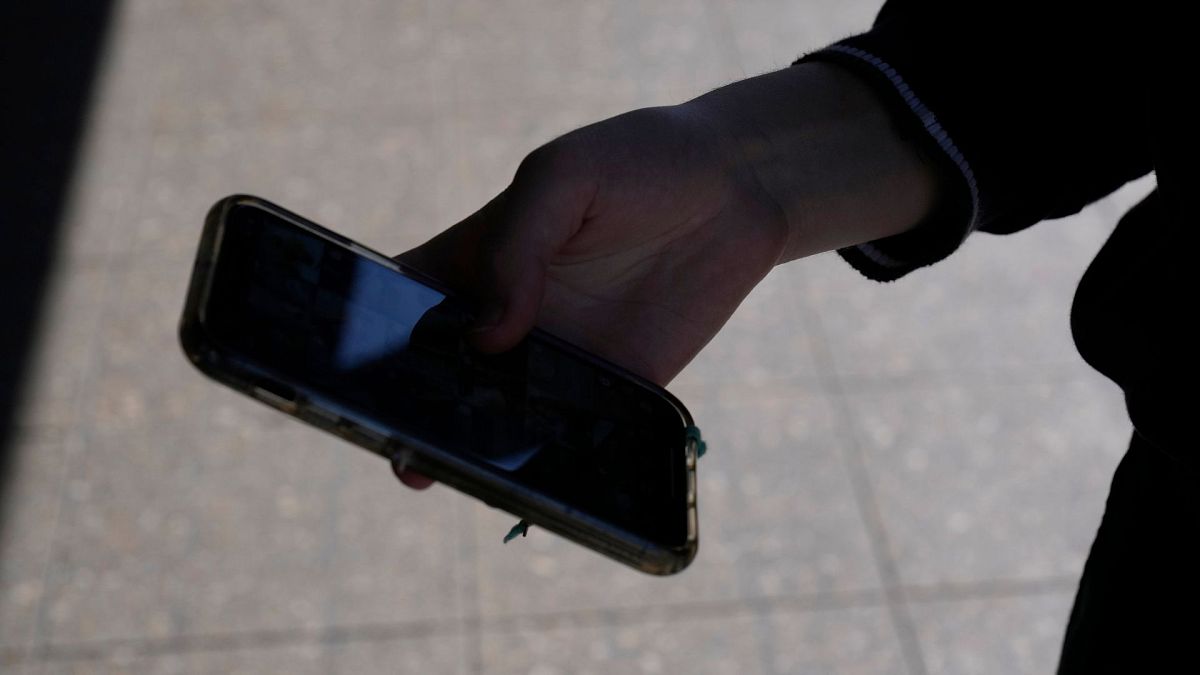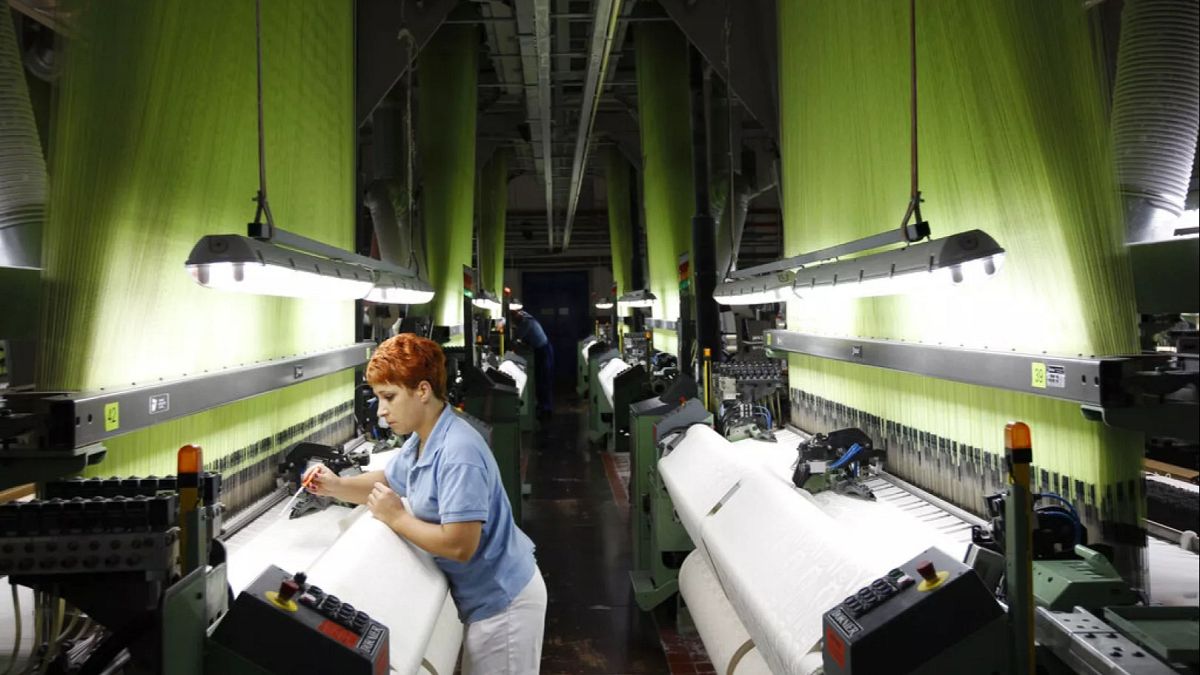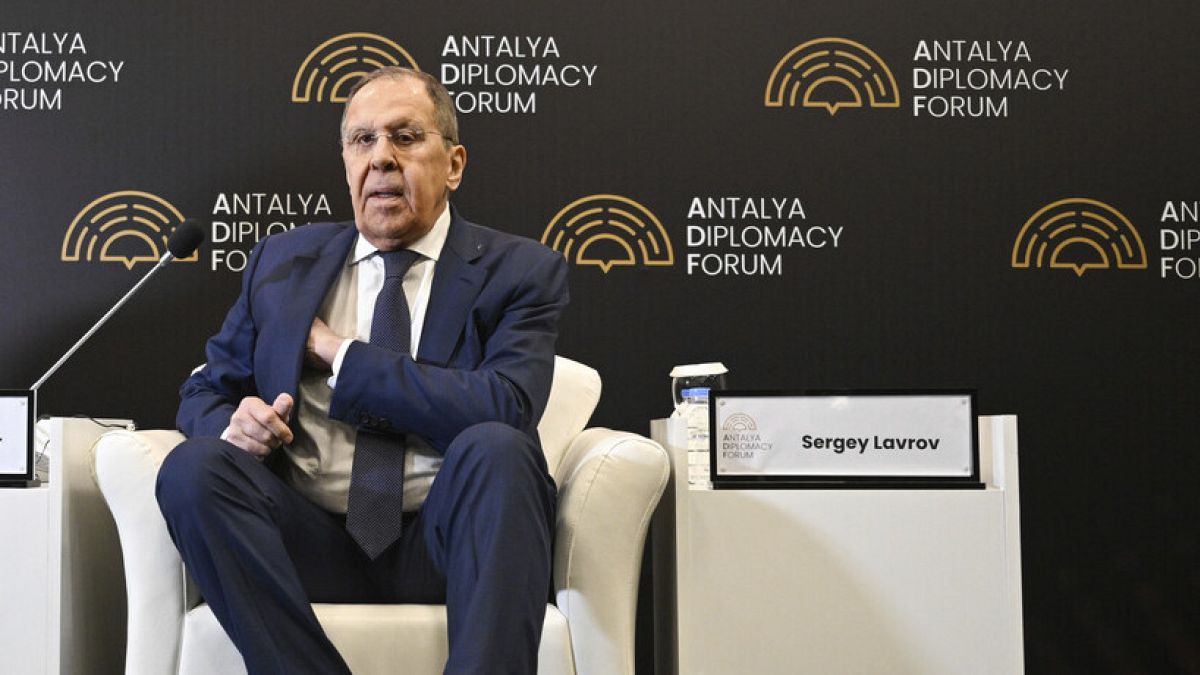Men who commit sexual offences against children are almost four times more likely to use dating platforms than non-offenders, reveals a new study conducted by the Childlight Global Child Safety Institute.
According to the study’s findings, nearly two-thirds of men who have sexually assaulted children use dating platforms, with over one in five offenders using dating apps daily.
The research, which was carried out on a sample of 5,000 men in the UK, US and Australia, found that 11.5% of surveyed men admitted to having sexual feelings towards children and that 11% confessed to committing sexual offences against minors.
The men were also questioned about whether they would qualify their online behaviour as child sexual abuse, to which one in nine men in the US said they would, compared to 7% of men in the UK and 7.5% of men in Australia.
Researchers labelled the online sexual exploitation and abuse of children a global “pandemic”, warning that it impacts more than 300 million children every year.
These revelations come as the European Commission has submitted proposals to update child sexual abuse laws, by extending the current framework for the voluntary detection of abuse.
One particularly contentious issue has been the potential scanning of end-to-end encrypted communications. Currently, online companies are permitted to flag illegal images under a temporary exemption from the EU’s e-privacy law, but this exemption is set to expire in April 2026.
Professor Michael Salter, who co-authored the report, said that dating apps lack adequate child protection measures, raising concerns about these loopholes being exploited by child abusers to target single parents and their children.
“There’s no reason why the robust user identification methods we have in other industries, such as banking and gambling, should not also have to be adopted by dating app platforms,” he said.
“Similarly, there are a range of AI tools and systems that can flag problematic words and conversations that can and should be used.”
As for recommendations, Salter called for tighter verification steps on dating apps, including mandatory ID checks, tools to detect predatory behaviours such as grooming language, but also means of flagging suspicious messaging patterns.
“Child sexual exploitation and abuse is a global public health emergency that requires emergency measures. New risks are emerging and protections have not kept pace”, said Debi Fry, Childlight’s Global Director of Data, who is also a Professor at the University of Edinburgh.
Fry stressed that abuse is a preventable phenomenon, rather than an inevitable one.
She called for a focus on “proactive prevention strategies that tackle the underlying determinants of abuse — including the financial and technological ecosystems that sustain it,” she added.
Researchers have warned that mainstream companies both benefit from and participate in perpetuating technology-facilitated sexual abuse, with abuse-related traffic also being a source of advertising revenue.
The report also found that men who have committed sexual offences against children are more likely to own and use cryptocurrency, as well as buy sexual content online.
As for their socio-economic background, experts found that a large proportion of men were perceived to be trustworthy — due to many having a high level of education, living in households where there are children or working in jobs where they come into contact with children.













